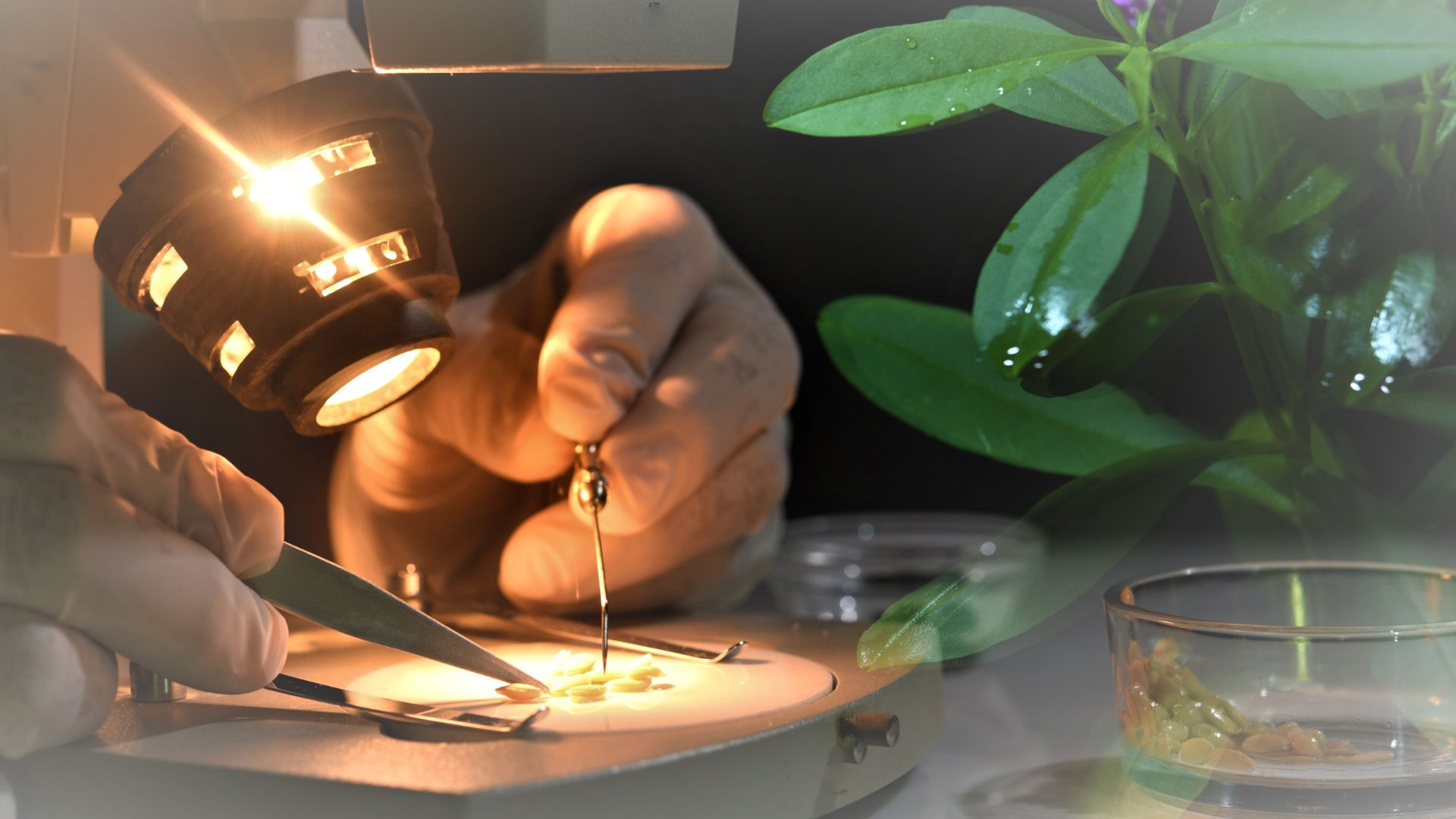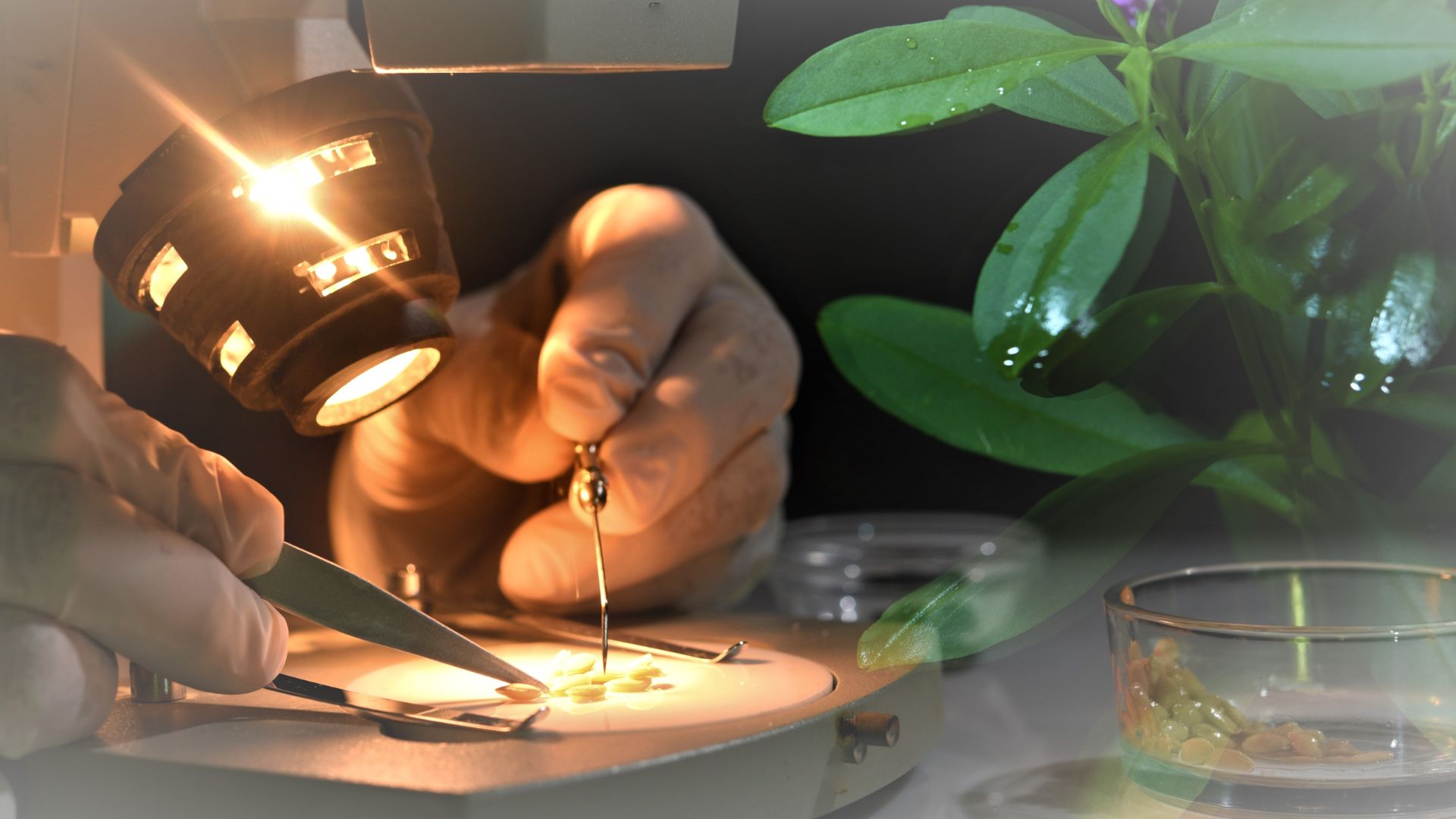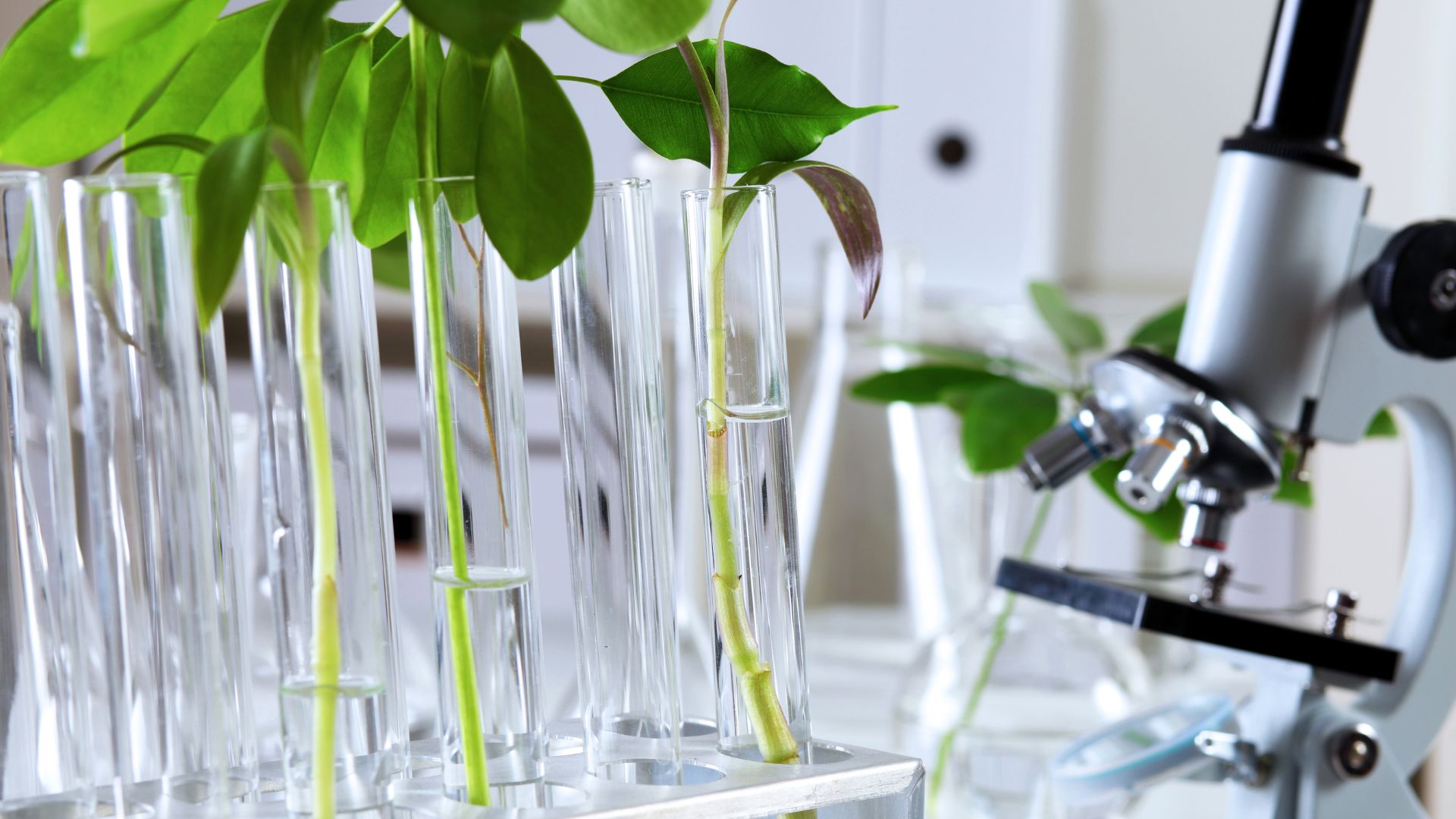The Latest in Synthetic Biology: From Designer Proteins to Custom Cells

Synthetic biology is pushing the boundaries of what’s possible in biotechnology, allowing scientists to design and engineer living systems with unprecedented precision. From creating custom proteins with enhanced functions to programming microbial factories that produce valuable compounds, synthetic biology is transforming multiple industries.

One exciting area of development is the creation of designer proteins. By modifying the structure of proteins at the molecular level, scientists can develop biomolecules with improved stability, efficiency, or entirely new properties. These engineered proteins have applications in everything from biodegradable materials to industrial catalysts, opening the door to more sustainable manufacturing.

Another breakthrough is the engineering of custom cells capable of performing specific tasks. Researchers are designing bacteria that can absorb pollutants, yeast that can brew alternative fuels, and even algae that can produce bio-based materials. These applications demonstrate how synthetic biology is being harnessed to solve real-world challenges in agriculture, industry, and environmental sustainability.

Looking ahead, the field of synthetic biology will continue to advance with improved automation, machine learning integration, and more sophisticated genetic design tools. As researchers gain better control over biological systems, the potential applications will expand even further, bringing us closer to a future where biology can be engineered to meet global challenges in smarter and more efficient ways.

